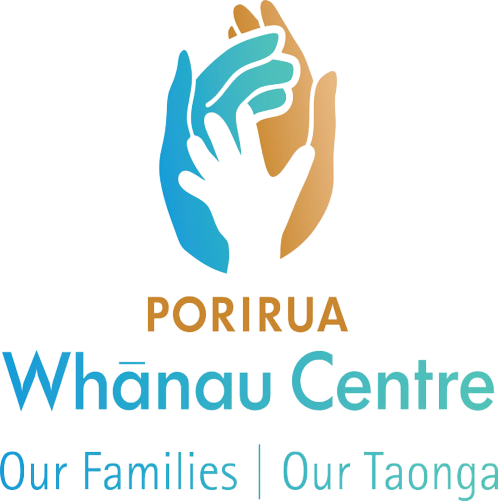Porirua Whānau Centre welcomes new social housing investment, urges continued community partnership
Expanding support for rough sleepers is an important step towards ensuring more whānau have access to safe, stable housing, says the Porirua Whānau Centre.
Strengthening roles for Community Housing Providers (CHPs) is also a vital investment, together with its holistic support services, that offers critical opportunities to address housing instability and homelessness in Greater Wellington.
The boost will help CHPs like the Whānau Centre, which has a long history of supporting whānau through complex housing and wellbeing challenges, to provide even more locally responsive housing solutions.
“We welcome the scale and ambition of the Government’s announcements.” says Whānau Centre Chief Executive Liz Kelly.
“More social homes are urgently needed. But equally important is that they be supported by whānau-centred care, services that wrap around people, not simply placements.”
The Whānau Centre’s approach weaves together accommodation support with wraparound services including case management, mental health support, financial mentoring, social services, and advocacy.
It offers more than just housing, aiming to support its community into long-term stability and wellbeing.’
The success story Harmony’s illustrates this well: a mother and child moved from sleeping on the floor of a garage into a safe, furnished home, supported by ongoing access to income assistance, basic needs, and community relationships.
The recent policy changes also ease some barriers for CHPs: faster contracting, more predictable funding, and more autonomy.
These shifts are especially relevant for small, locally grounded organisations like the Whānau Centre, Kelly says.
“These changes show that government is listening. When funding is steady, expectations clear, and relationships trusted, we can plan ahead. That means we can support whānau from crisis into safety, not back and forth.”
However, Kelly emphasises that delivering better social housing isn’t just about the number of homes built. It’s also about who lives in them, how supported they are, and whether they can stay.
Stable housing coupled with community-led wraparound services reduces hardship, improves health, helps rangatahi remain in school, and strengthens whānau resilience.
Kelly says she looks forward to working closely with Ministry partners, local government, and other service providers to ensure these investments are turned into lived change.
“The new homes, when paired with trusted support, can offer more than shelter. They can also offer hope.”

